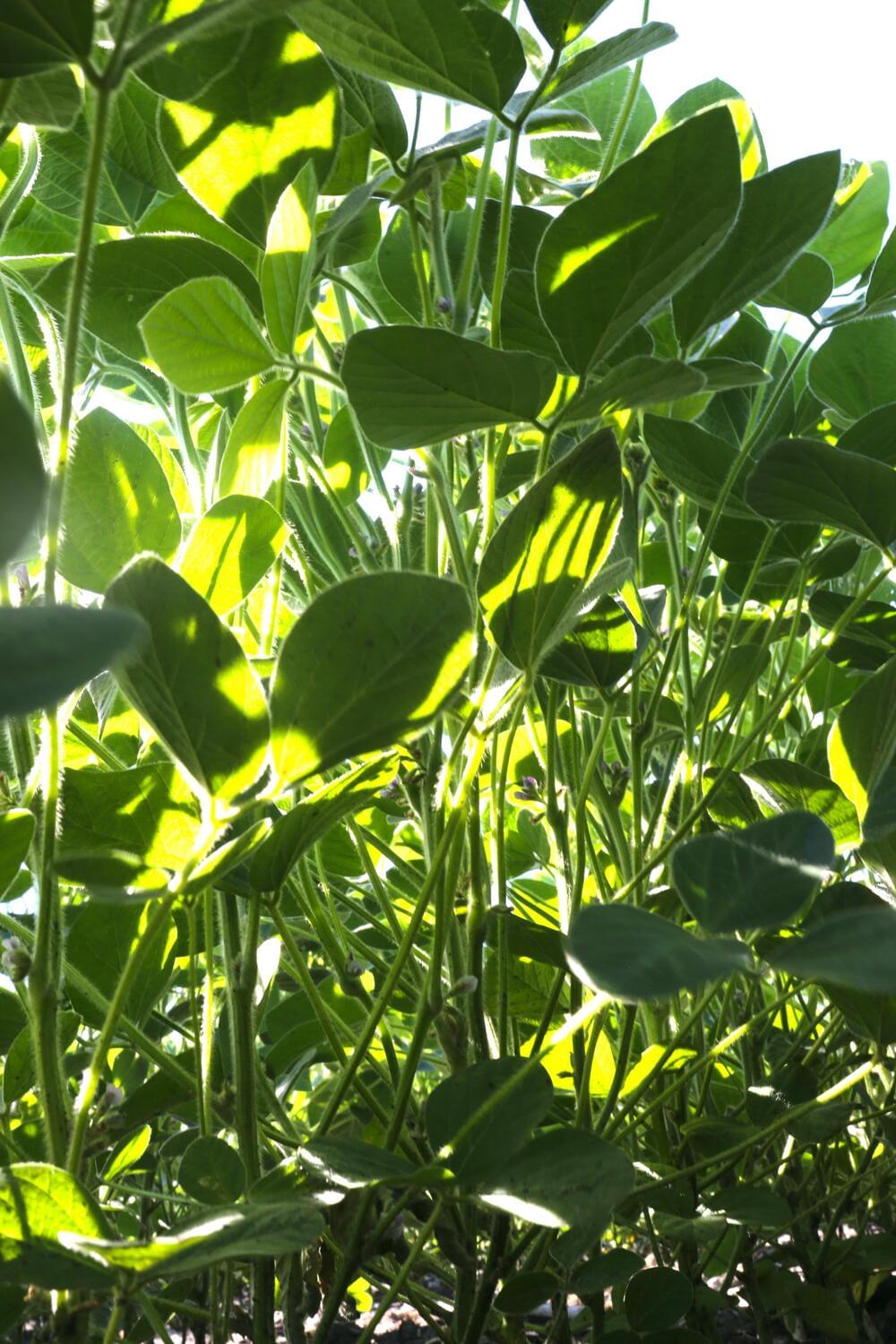For the first time, RIPE researchers have proven that multigene bioengineering of photosynthesis increases the yield of a major food crop in field trials. After more than a decade of working toward this goal, a collaborative team led by the University of Illinois has transgenically altered soybean plants to increase the efficiency of photosynthesis, resulting in greater yields without loss of quality.
Results of this magnitude couldn’t come at a more crucial time. The most recent UN report, The State of Food Security and Nutrition in the World 2022, found that in 2021 nearly 10% of the world population was hungry, a situation that has been steadily worsening over the last few years and eclipsing all other threats to global health in scale. According to UNICEF, by 2030, more than 660 million people are expected to face food scarcity and malnutrition. Two of the major causes of this are inefficient food supply chains (access to food) and harsher growing conditions for crops due to climate change. Improving access to food and improving the sustainability of food crops in impoverished areas are the key goals of this study and the RIPE project.
Realizing Increased Photosynthetic Efficiency, or RIPE, is an international research project that aims to increase global food production by improving photosynthetic efficiency in food crops for smallholder farmers in Sub-Saharan Africa.
